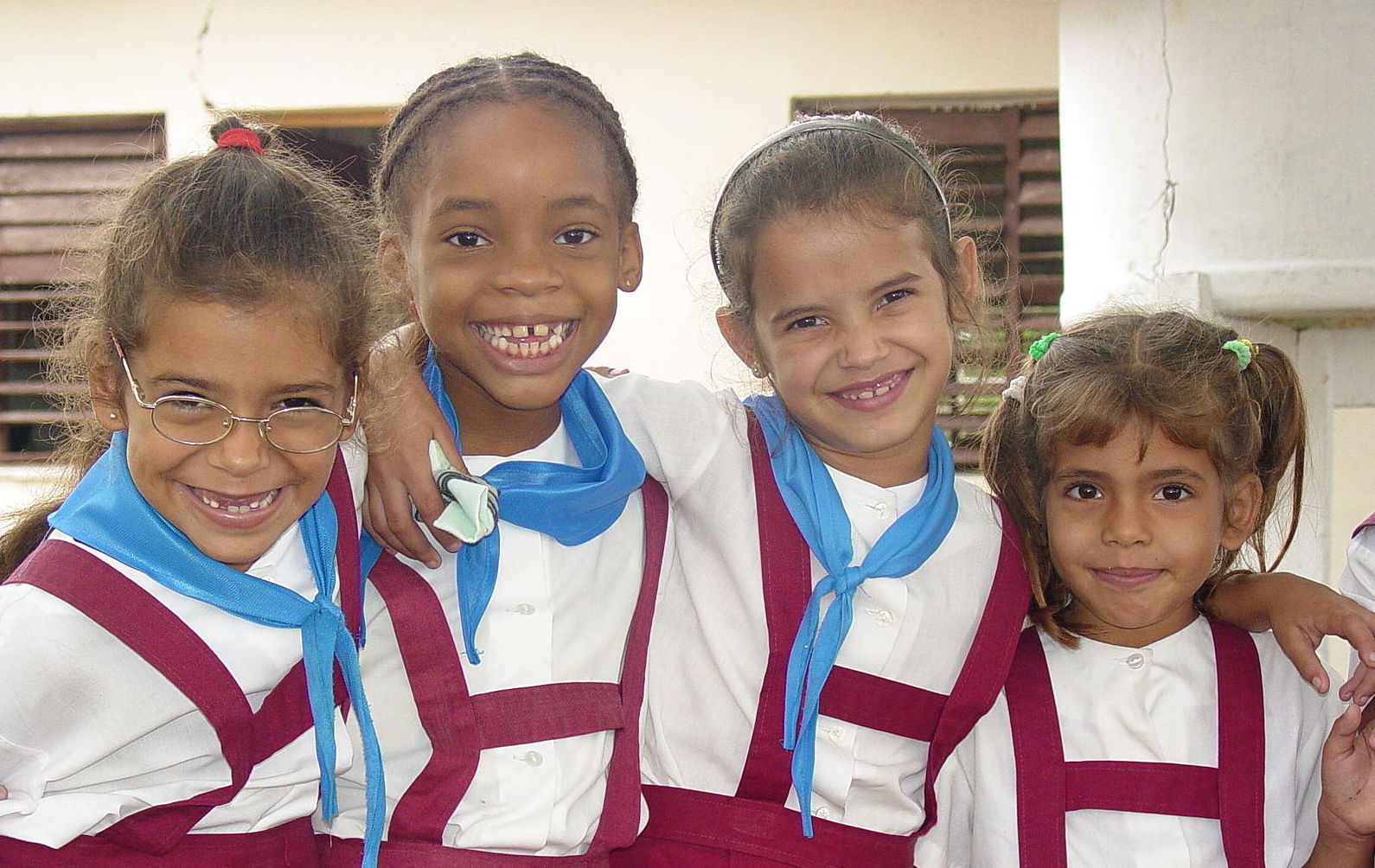Dora L Mesa, Executive Director of Asociación Cubana para el Desarrollo de la Educación Infantil (ACDEI, Cuban Association for the Development of Education), works for the promotion and protection of the rights of children. She is no stranger to the risks involved in undertaking human rights work in Cuba, but last week’s events indicate that the situation is worsening.
In February 2018, the Cuban government prevented Mesa from travelling to Colombia where she had been invited to participate in the 167th Session of the Inter-American Commission on Human Rights; the session addressed the general situation of human rights in Cuba.
This time, Mesa was blocked from travelling to Geneva to participate in preparatory meetings for the Universal Periodic Review (UPR) of Cuba on 8 April 2018. The purpose of her trip was to propose recommendations on children’s rights for States to make to Cuba as part of its UPR – a peer review process during which a country’s entire human rights situation is assessed by other countries. Mesa found out she was banned from leaving the country at the passport office not long before she planned to travel. Mesa was one of two defenders from Cuba blocked from travelling to Geneva for the UPR pre-session meetings.
“We urge the government of Cuba to refrain from restricting the legitimate work of human rights defenders”, said ISHR’s Tess McEvoy. “This is the second time Dora Mesa – one of many defenders facing restrictions in Cuba – has been stopped from communicating with a regional or international human rights process. In addition, Mesa has been intimidated and harassed to the point where she is afraid to leave her house and cannot move freely within Havana”.
Mesa believes the travel ban was imposed as a reprisal for her previous engagement with international and regional human rights mechanisms. She has previously engaged with the Inter-American Commission on Human Rights, the UPR, the UN Committee on the Rights of the Child, and the UN Committee on Enforced Disappearances.
During the pre-session, a number of Government representatives made statements condemning these cases of reprisal. “We commend those States that spoke out about reprisals during the pre-session”, said ISHR’s Madeleine Sinclair. “It is not only Cuba that needs to act. Both the UN itself and the international community need to address these cases. By staying silent, States and UN bodies condone clear violations of human rights perpetrated by States”, Sinclair added.
Contact: Tess McEvoy, [email protected]; Madeleine Sinclair, [email protected].
Photo: Adam Jones




